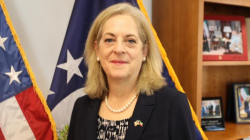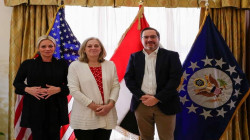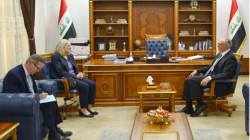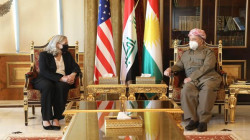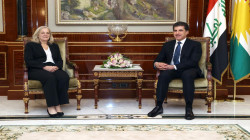Dollar Exchange Discrepancies in Iraq: Side Effect of Economic Transition, Not a Crisis, Says US Ambassador
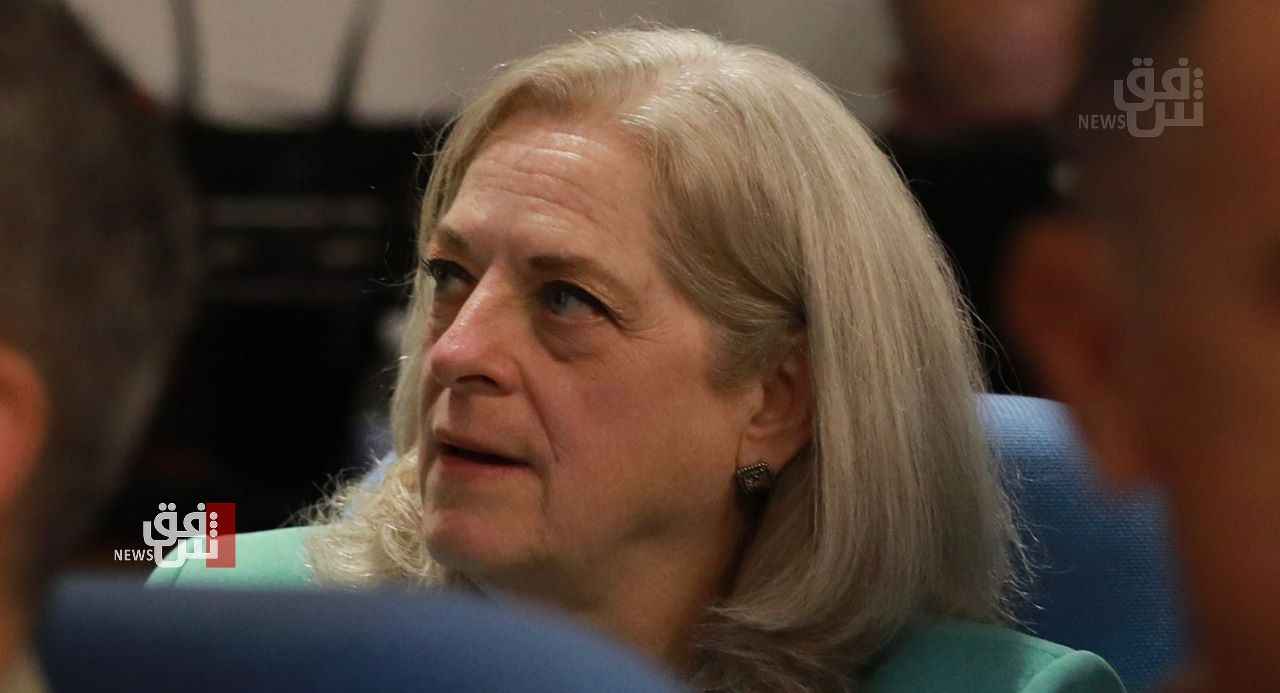
Shafaq News/ US ambassador to Baghdad, Alina Romanowski, downplayed the ongoing challenges with the dollar exchange rate in Iraq, reframing the issue as not a crisis, but a side effect of the country's metamorphosis away from a cash-based economy.
In an exclusive interview with Shafaq News Agency, the US diplomat contested the mainstream characterization of the ongoing crisis, attributing the exchange rate fluctuations to an economic transformation in process, with Iraq gradually pivoting away from a predominantly cash-based paradigm.
The ambassador illustrated Washington's involvement, not as a puppeteer controlling the exchange rate, but rather as an ally bolstering the Iraqi government and its central bank in their concerted initiatives against corruption and money laundering.
"The restrictions on these activities have resulted in positive developments in Iraq's banking sector, to include its increased use by businesses of banks and financial institutions, which has helped reduce the difference between the official and unofficial exchange rates," she expounded.
Ambassador Romanowski lambasted certain underhanded practices, previously rampant, involving illicit usage of counterfeit documentation and deceptive bundling of requests to channelize funding overseas under fraudulent guises for "bogus purposes".
Now circumscribed, businesses necessitate proper licensing from the Ministry of Trade and valid bank accounts to procure the official dollar rate for import-related financing.
"Bad actors that hoard dollars to speculate on currency and companies that continue to import goods without licensing through cash or informal channels are putting pressure on the parallel exchange rate," the ambassador warned, encouraging all to transact in the formal banking sector to lessen the demand on cash markets.
The Gulf War in 1991, followed by harsh UN-imposed economic sanctions and the US-led invasion in 2003, elicited a substantial devaluation of the Iraqi dinar. As a result, Iraqis have turned to the US dollar. A wide range of dealings, from wholesale trading to retail purchases, are settled with the green banknote.
The Iraqi government has been attempting to stop a currency crisis that has led to an increase in the prices of goods, and brought protesters out on to the streets.
Since November 2022, the Iraqi dinar has experienced added volatility after the US's tightening of procedures for international transfers, with some blaming Washington for the dinar's problems.
The US has complained that the dollar is being funnelled to Iran, Syria, and Lebanon through the foreign currency auction run by the Central Bank of Iraq.
Since then, the Federal Reserve Bank of New York has applied strict measures on requests for international transactions from Iraq, rejecting many and delaying others, leading to an increased demand for the US dollar in Iraq. It has also blacklisted several Iraqi banks suspected of money laundering and of carrying out suspicious transactions.

